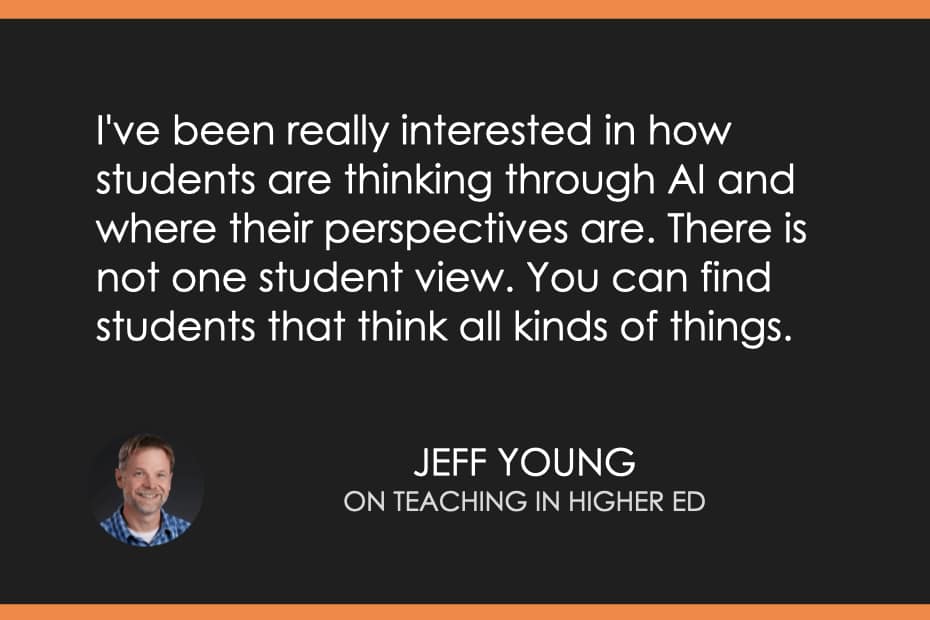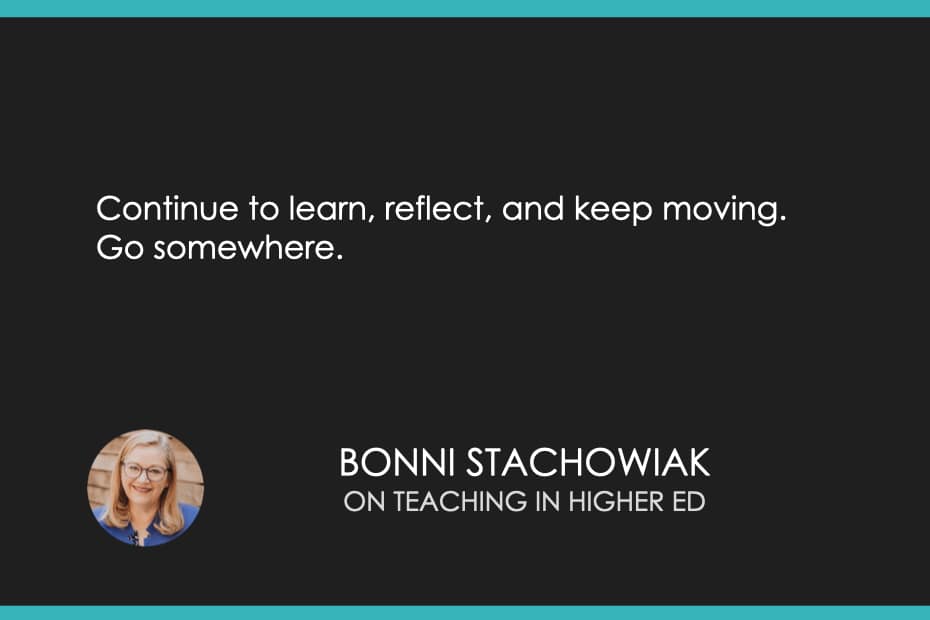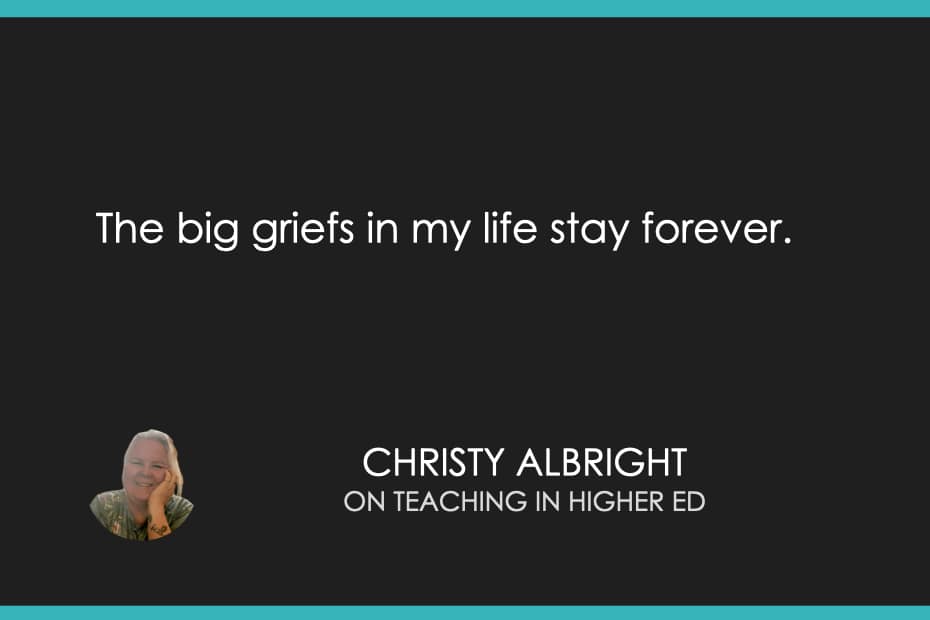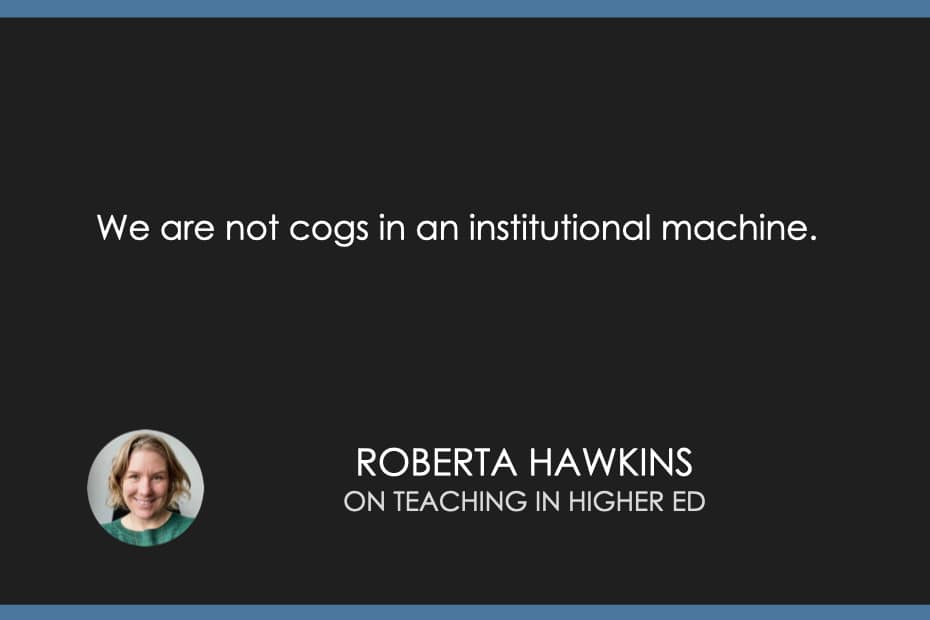David Gooblar shares how better teaching can make college more equitable on episode 599 of the Teaching in Higher Ed podcast.
Quotes from the episode
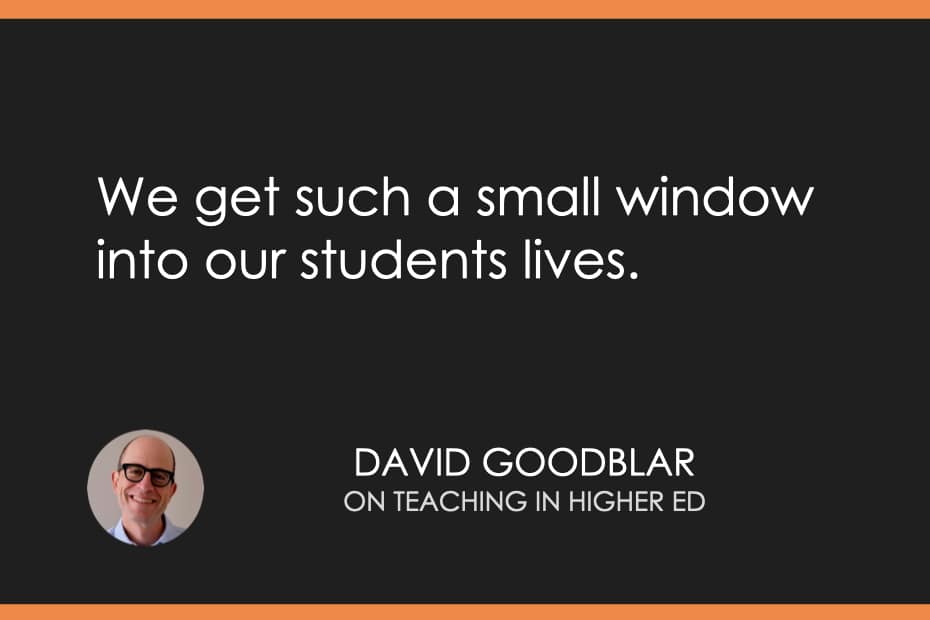
Most of our scars are hidden. I think most of the time people don't see the scars that we carry.
-David Gooblar
We get such a small window into our students lives.
-David Gooblar
The imaginary idea of the college student in America is of a privileged student. And that's just not the case when we talk about American college students today.
-David Gooblar
We need to work to earn their trust, to convince our students that we're working for them, that our job is to help them develop, learn, and grow.
-David Gooblar
